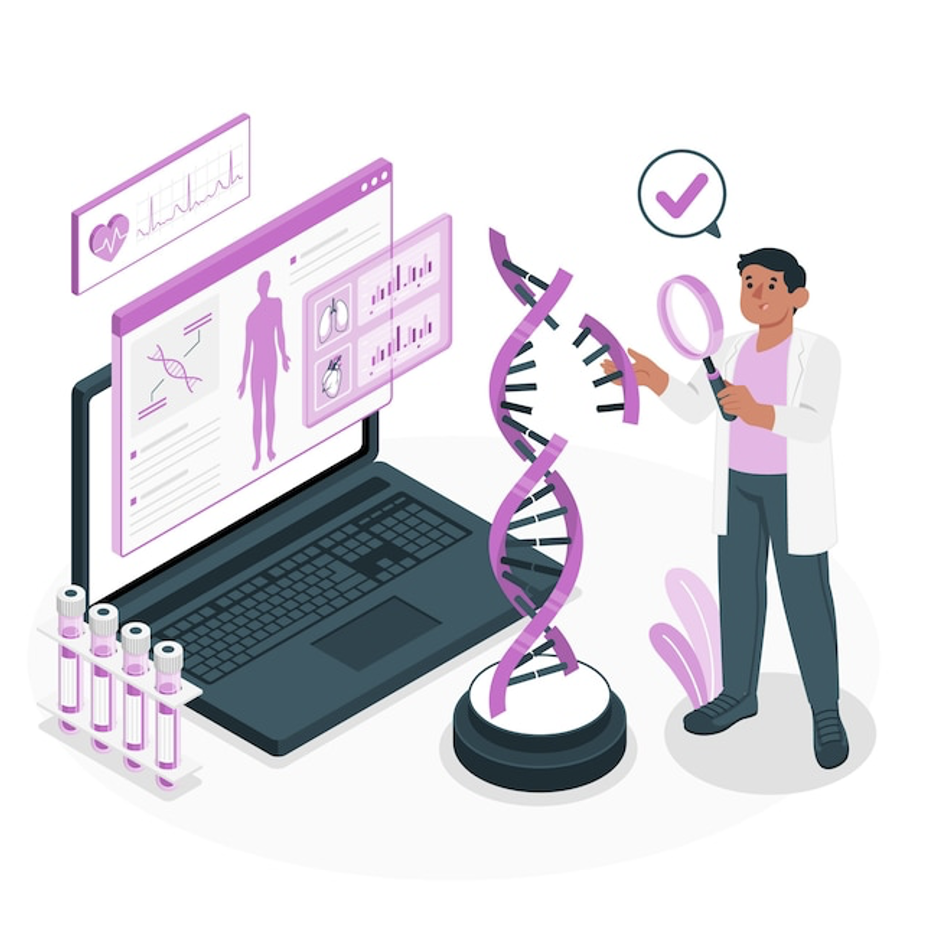
DNA testing has transformed medicine, genealogy, and criminal justice, offering unprecedented insights into genetic makeup and ancestry. However, like any technology, it is not without its limitations.
Understanding these constraints is essential for individuals relying on genetic testing for medical decisions, personal exploration, or legal purposes. In some cases, these limitations necessitate the need to take prompt action to address issues stemming from incorrect or incomplete results.
While DNA testing is highly accurate in analyzing genetic material, it is not infallible. Testing errors, though rare, can occur due to sample contamination, human error in laboratories, or limitations in the testing methodologies themselves.
It can also be hard to interpret results. For instance, a genetic marker linked to a specific disease may increase a person’s risk, but it doesn’t guarantee they will develop the condition. This probabilistic nature of DNA testing can lead to misunderstandings if results are not explained thoroughly by a qualified professional.
In addition, DNA databases vary in size and scope, meaning that results, particularly those related to ancestry, can differ significantly between testing providers.
DNA testing cannot detect every possible genetic condition or trait. While many tests focus on single-gene disorders such as cystic fibrosis or sickle cell anemia, they may overlook multifactorial conditions influenced by multiple genes and environmental factors.
Moreover, genetic tests cannot often account for epigenetics—the changes in gene expression influenced by external factors like diet, stress, and exposure to toxins. Genes interact with the environment dynamically over time, and DNA testing provides a static snapshot of genetic code.
DNA testing raises significant ethical and privacy questions. Sharing genetic data with third parties, whether for research or commercial purposes, poses data breaches and misuse risks. Even when companies claim to anonymize data, advancements in technology could eventually make it possible to re-identify individuals. This has implications for personal privacy and family members, as genetic information is inherently shared.
Furthermore, DNA testing in criminal justice systems has sparked debates about fairness and potential misuse. While DNA evidence can exonerate wrongfully convicted individuals, errors in testing or interpretation can lead to false accusations. Relying too heavily on genetic evidence without corroborating it with other types of evidence may result in unjust outcomes.
Receiving DNA test results can have profound psychological effects, especially when unexpected findings are revealed. Learning about genetic risks for severe medical conditions or discovering previously unknown family relationships can cause anxiety, stress, or emotional distress.
Additionally, DNA testing has the potential to influence social dynamics. For example, uncovering unknown relatives or discrepancies in family history can disrupt familial relationships. Knowing genetic risks might lead some individuals to adopt unnecessary or harmful health interventions without proper guidance from healthcare providers.
The DNA testing industry is not uniformly regulated, leading to inconsistencies in quality and reliability among different providers. Some tests may lack scientific validation or provide results with little clinical significance, misleading consumers. Consulting a healthcare professional to evaluate the test’s validity is crucial for those seeking medical insights.
As the technology evolves, there is an urgent need for standardized guidelines to ensure the reliability and ethical use of DNA testing. Consumers should be cautious and well-informed when selecting providers and interpreting results.
While DNA testing offers remarkable opportunities for discovery and advancement, its limitations cannot be ignored. From accuracy and scope to ethical concerns and psychological impacts, understanding these constraints is critical for making informed decisions.
By approaching DNA testing with a balanced perspective and seeking professional guidance, individuals can navigate its complexities responsibly.